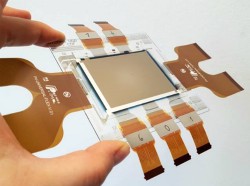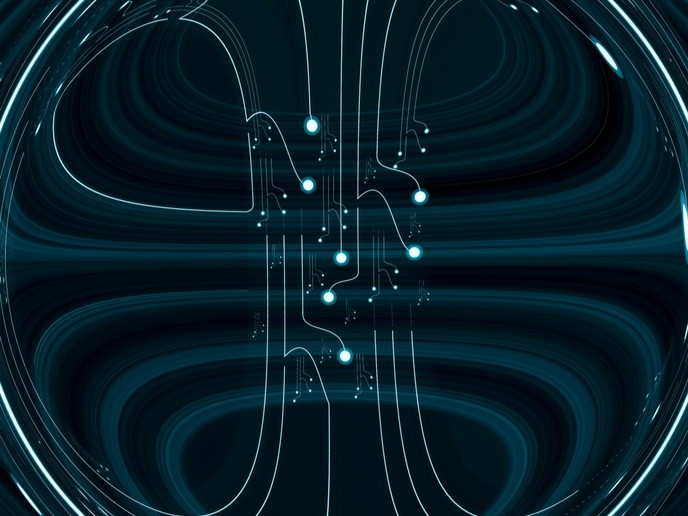Mitigating decoherence in quantum systems
From computing to information processing, sensing and communications, quantum systems are rapidly advancing. But while the future may be quantum, these systems remain far from perfect. “All quantum systems suffer from ubiquitous quantum decoherence, which manifests itself as bit-flips, phase-flips or both,” says quantum information and telecommunications expert Lajos Hanzo(opens in new window). Explicitly, quantum decoherence happens when pure quantum states are contaminated by the surrounding environment. As these qubit errors will gravely affect a quantum system’s performance, it is essential that they be corrected – which is exactly what the EU-funded QuantCom project aims to help do. “Our goal is to design powerful quantum error correction codes capable of mitigating decoherence-induced bit- and phase-flip events across any quantum system,” adds Hanzo, the project’s principal investigator. The European Research Council(opens in new window) supported project also looked to develop sophisticated quantum key distribution (QKD) solutions for high-security communications and investigate the feasibility of the global quantum internet.
A shortcut towards overcoming decoherence
All groundbreaking research is full of challenges, and the QuantCom project is no exception. For example, while overcoming decoherence will ultimately require long code words, at the time of writing, quantum computers are unable to handle so many qubits. “We were able to circumvent this challenge by designing adaptive-rate short codes that require both a limited number of qubits and limited memory,” explains Hanzo. The project, which was coordinated by the University of Southampton(opens in new window), also designed new, near-optimal QKD arrangements and single-photon memory-based quantum-secured direct communications (QSDC) arrangements, as well as novel optical reflective intelligent surface-aided quantum communications and near-optimal space-air-ground integrated networks.
Paving the way to a quantum future
The project’s research results have been published in numerous journal papers and presented at various conferences and scientific events. Hanzo is now putting the final touches on a research monograph about quantum error correction codes. The project also trained a team of postdocs and PhD students who are already making their mark in Canada, China, India, Japan, the United Kingdom, the United States and Vietnam. “Our research and the affiliated scientists are acting as a catalyst for future research in quantum communications – research that I believe will make quantum decoherence a thing of the past and pave the way towards a quantum future,” concludes Hanzo. Hanzo is currently investigating ways to improve network-layer performance using sophisticated trusted/untrusted and entanglement-based quantum-domain relaying techniques.







